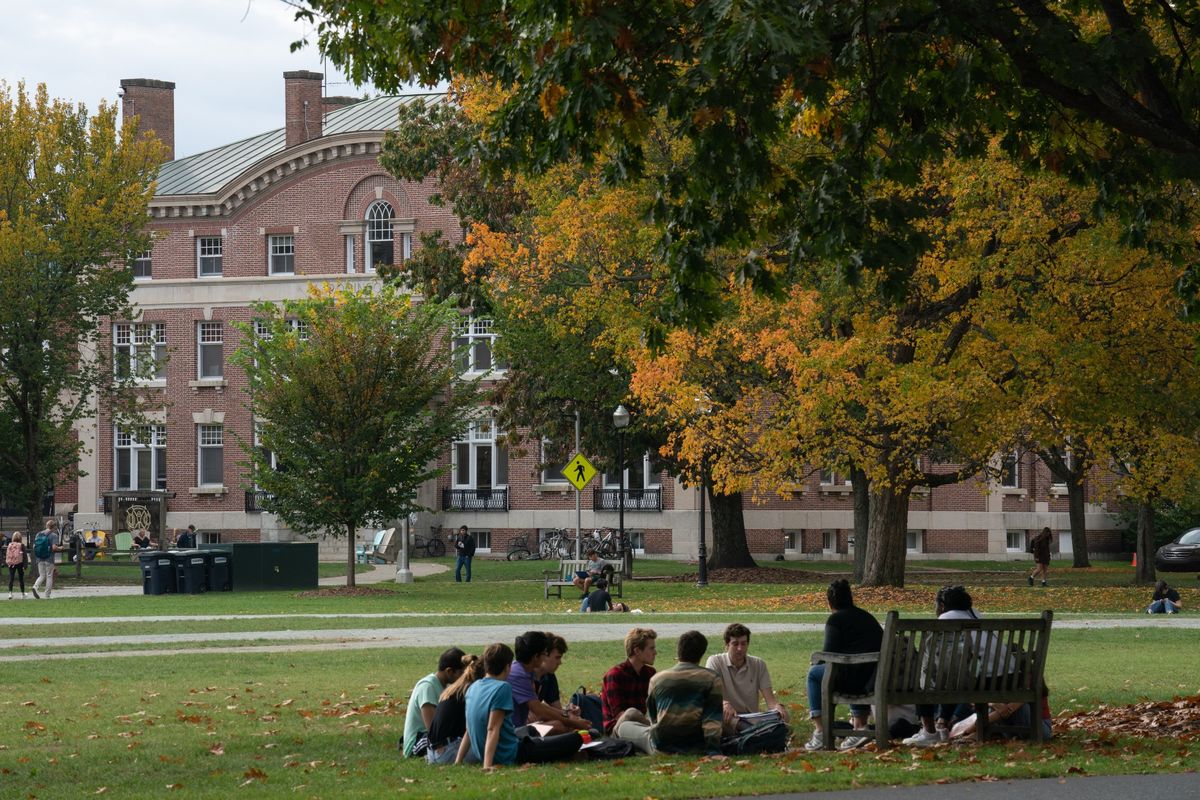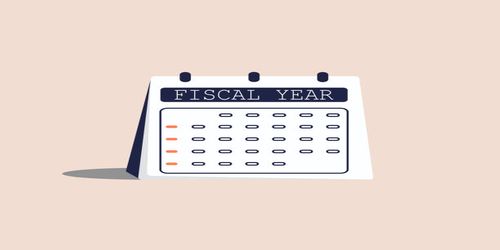After graduation, you may have other priorities besides paying off your student debts, like obtaining a job and settling into your first apartment. Taking care of your student debts as soon as possible is crucial, so don't rely on the brief explanation you'll receive during the graduation-required counseling session.
How Do You Manage Loan Debt?

Paying more than the minimum each month, staying to a budget, thinking about consolidation/refinancing, investigating loan forgiveness, and exploring other payment schemes are good strategies to handle student loan debt.
Should You Pay Off Your Student Loans?

Failing to repay student loans has a devastating effect on a person's credit history. If you don't pay your student loans on time, the same things will happen to your credit as if you hadn't paid any other loan
They'll be marked as late, sent to a collection agency, and reported to the credit bureaus. This complicates future borrowing, whether for a car or a house. You risk garnishing your earnings and tax refunds withheld if you have outstanding federal student loans.
Adjust Your Contact Details
Ensure your student loan servicer has your current contact information after graduation and if you make a significant life change, such as a relocation. Whether or whether you receive paper statements in the mail, you must still keep up with your student loan payments.
Your student loan site is also great for becoming paperless by receiving all your bills electronically. It is essential to keep your information up-to-date and use a permanent address as a backup.
Verify Your Deferral
In most cases, after you graduate, your student loans will enter a grace period or be placed on a moratorium immediately. However, mistakes sometimes happen. If you don't double-check that your student loans are on deferral, you might find yourself paying late fees and interest. 2
You can check this with a quick phone call to your loan provider, saving you the trouble of fixing things up after the fact and protecting your credit from harm.
Loan Consolidation
After you graduate, you might be able to combine all of your loans, subsidized and unsubsidized, into a single monthly installment. It's considerably more convenient to make a single monthly payment instead of juggling multiple.
Consolidating federal and private student loans is an option, but it's essential to do so with caution. To do so would mean preceding federal loan perks such as Income-Based Repayment and hardship deferral in the event of job loss. However, the repayment conditions of private student loans are not always as flexible.
If you have personal student loans, you might choose to combine them and refinance them at a reduced interest rate that you can lock in. This may be challenging until you land your first job, but it's something to consider.
Payment Assistance/Forgiveness
Depending on your financial situation and career goals, you may want to explore various payment plans. Your federal student loan monthly payment may be adjusted based on your income if you enroll in the Income-Based Repayment program.
Applying with your student loan servicer and providing information about your income and family size must be considered for this repayment plan. Federal student loan forgiveness programs are another viable alternative.
Forgiveness of the outstanding amount of a Federal Direct Loan may be granted after ten years of employment in the public or nonprofit sectors if the borrower has made all required payments during that period. 6 Educators are eligible for this program. However, the average tenure is five years.
Make a Payment Strategy
Having to make ends meet with your first job and a mountain of student loan debt is a recipe for financial disaster. It would help if you made preparations to repay your student debts as soon as feasible.
Creating a budget that allows for additional debt payments is crucial to this process. It will help if you prioritize paying off your federal student loans after you've dealt with any private student loans and other college-related consumer debt.
This is because the interest rate on federal student loans is often lower, and some of the interest can be deducted from your taxable income. Aside from getting a second job or freelancing, you may need to get creative to find the funds to pay off your college debts.




